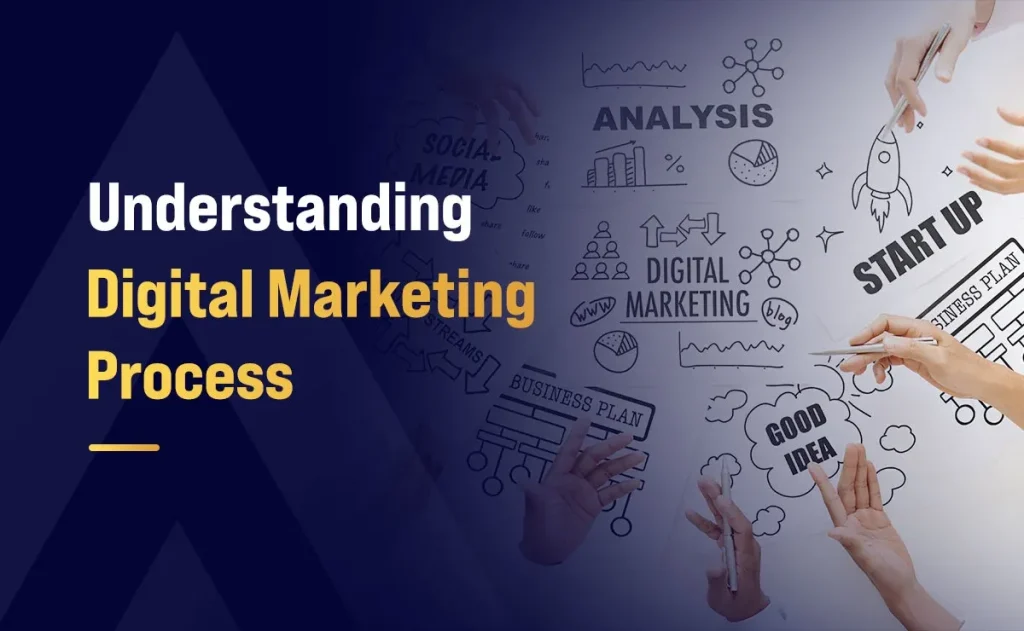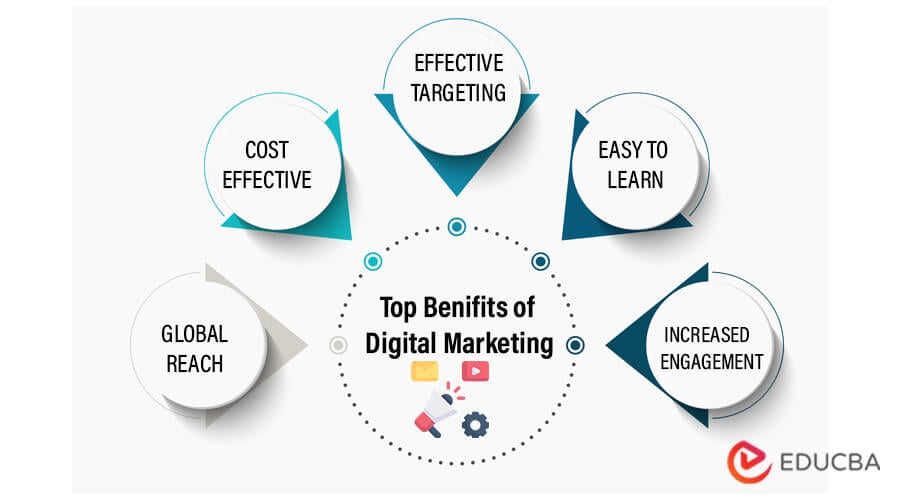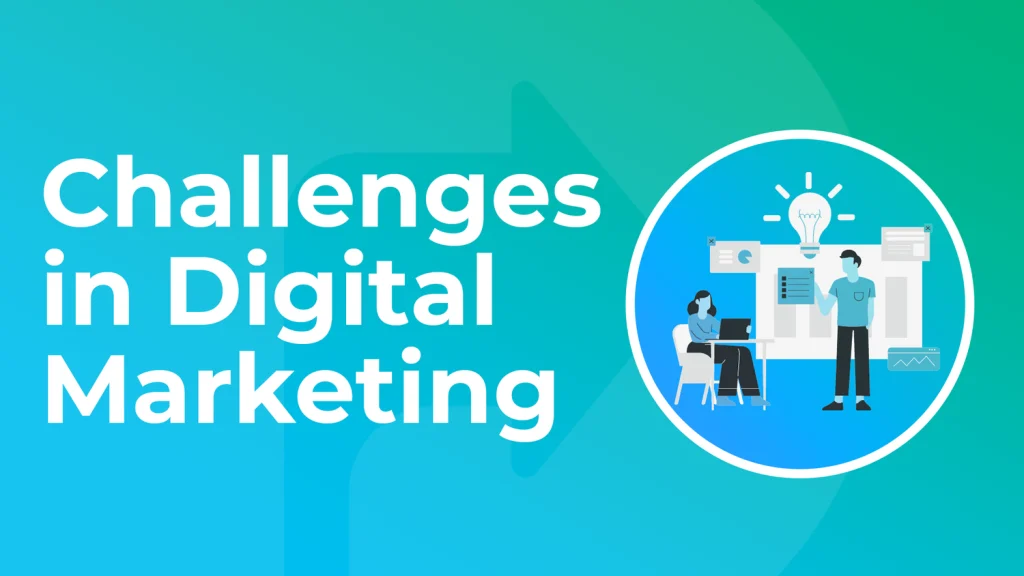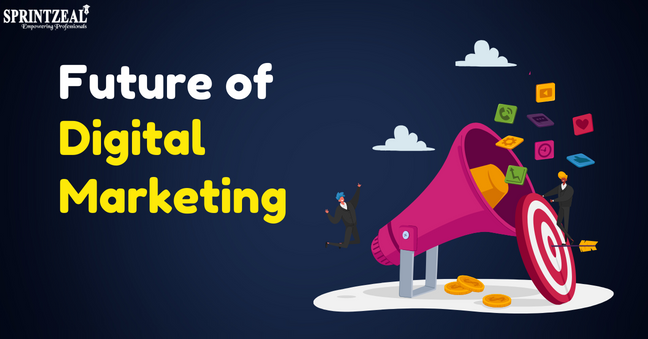Introduction of Digital Marketing
In today’s fast-paced, technology-driven world, the internet has become an essential part of our lives. From shopping and banking to communication and entertainment, everything is available online. As consumer behavior continues to shift toward the digital space, businesses must also adapt. This has led to the rise of digital marketing—a modern approach to promoting products and services using digital channels. But what exactly is digital marketing, and why is it so important in the modern business landscape?
Understanding Digital Marketing

Digital marketing refers to all marketing efforts that use the internet or an electronic device. Businesses leverage various digital channels such as search engines, social media, email, websites, and mobile apps to connect with current and potential customers. Unlike traditional marketing, digital marketing allows for real-time interaction and detailed performance tracking, making it a powerful tool for businesses of all sizes.
Key Components of Digital Marketing

Digital marketing includes a wide variety of strategies and tools. Some of the most important components are:
1. Search Engine Optimization (SEO)
SEO is the process of optimizing a website to rank higher in search engine results pages (like Google). The higher a website ranks, the more likely it is to be seen by users. SEO focuses on improving website content, keywords, backlinks, and user experience to drive organic traffic—visitors who find your website naturally, without paid ads.
2. Content Marketing
Content marketing involves creating valuable, relevant, and engaging content to attract and retain an audience. Examples include blog posts, articles, videos, infographics, and podcasts. The goal is to educate or entertain users while subtly promoting a brand or product. Quality content builds trust and positions a brand as an industry leader.
3. Social Media Marketing
With billions of users worldwide, platforms like Facebook, Instagram, Twitter (X), LinkedIn, and TikTok have become vital for digital marketers. Social media marketing involves sharing content, running paid ads, and engaging with followers. It allows brands to build communities, receive direct feedback, and create viral marketing campaigns.
4. Email Marketing
Email marketing remains one of the most effective digital marketing methods. It allows businesses to communicate directly with customers through personalized messages. From newsletters and promotions to product updates and event invitations, email marketing helps nurture leads and maintain customer relationships.
5. Pay-Per-Click Advertising (PPC)
PPC is a paid advertising model where businesses pay a fee each time someone clicks on their ad. Google Ads is the most popular PPC platform. These ads appear at the top of search engine results or on websites and social media feeds. PPC campaigns can quickly drive traffic and generate leads.
6. Influencer and Affiliate Marketing
Influencer marketing involves collaborating with individuals who have a large and loyal online following. These influencers promote products in exchange for payment or free products. Similarly, affiliate marketing allows third-party marketers to earn a commission for driving sales or traffic to a business’s website. Both strategies leverage trust and credibility to boost brand awareness.
Benefits of Digital Marketing

Digital marketing offers several advantages over traditional marketing methods:
- Cost-Effective: Online campaigns often require less budget than TV or print ads.
- Targeted Audience: Marketers can reach specific audiences based on age, location, interests, and behavior.
- Measurable Results: Tools like Google Analytics help track clicks, conversions, and ROI in real-time.
- Flexibility: Campaigns can be adjusted anytime based on performance.
- Global Reach: Businesses can connect with audiences worldwide, regardless of their location.
- Increased Engagement: Two-way communication through social media and email encourages active customer involvement.
Challenges in Digital Marketing

Despite its benefits, digital marketing also comes with challenges:
- High Competition: The online space is crowded, and standing out can be difficult.
- Changing Algorithms: Search engines and social platforms regularly update their algorithms, affecting visibility.
- Ad Fatigue: Users may become tired of seeing too many ads, leading to reduced effectiveness.
- Privacy Concerns: With growing awareness around data privacy, marketers must be cautious in how they collect and use consumer data.
The Future of Digital Marketing

Digital marketing is constantly evolving. New technologies like artificial intelligence (AI), chatbots, voice search, and augmented reality (AR) are reshaping the way marketers interact with consumers. In the future, we can expect even more personalized and immersive marketing experiences.
AI-driven insights will enable businesses to predict customer behavior and create highly targeted campaigns. Voice assistants like Siri and Alexa will influence how content is optimized. Meanwhile, AR will allow customers to “try” products virtually before making a purchase.
To stay ahead, businesses must remain flexible, data-driven, and open to experimenting with new tools and trends.
Conclusion
Digital marketing is more than just an online trend—it’s a fundamental shift in how businesses reach and engage with their audience. From SEO and content creation to social media and paid ads, digital marketing offers endless opportunities for growth, connection, and innovation. In a world where nearly everyone is online, businesses that fail to embrace digital marketing risk falling behind. Whether you’re a small startup or a large corporation, investing in digital marketing is no longer optional—it’s essential for long-term success.
FAQ’s
What is digital marketing in simple terms?
Digital marketing is the promotion of products or services using digital platforms such as websites, social media, email, search engines, and mobile apps. It helps businesses connect with customers online where they spend most of their time.
How is digital marketing different from traditional marketing?
Traditional marketing uses offline methods like TV, radio, newspapers, and billboards, while digital marketing uses online channels. Digital marketing is more cost-effective, allows precise audience targeting, and offers real-time data tracking, unlike traditional methods.
Why is digital marketing important for businesses today?
Digital marketing allows businesses to reach a wider audience, engage directly with customers, measure performance, and adapt quickly to changing market trends. In today’s digital world, it’s essential for brand visibility, customer acquisition, and growth.
What are some key strategies used in digital marketing?
Common digital marketing strategies include:
- Search Engine Optimization (SEO)
- Content Marketing
- Social Media Marketing
- Email Marketing
- Pay-Per-Click Advertising (PPC)
- Influencer and Affiliate Marketing
Each strategy serves different goals like increasing traffic, brand awareness, or conversions.
Is digital marketing suitable for small businesses?
Yes, digital marketing is ideal for small businesses. It is cost-effective, provides measurable results, and allows targeted advertising. Even with a small budget, businesses can use platforms like social media and email to build a strong online presence.










